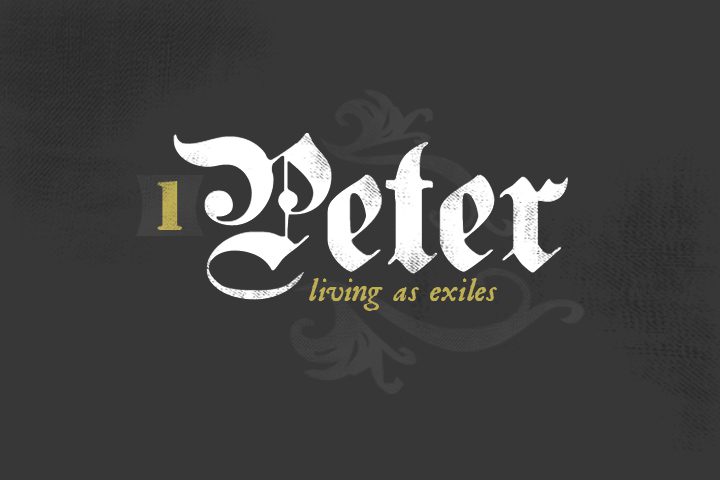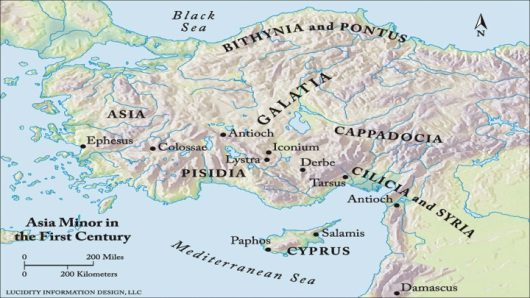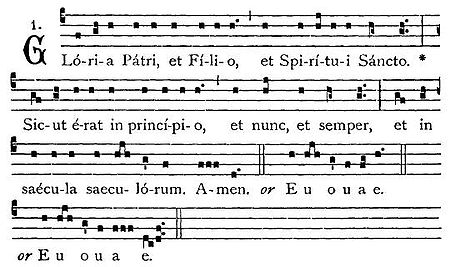Remembering Our Great Salvation
Who needs to be encouraged more than believers in Christ suffering for His sake? And who trusted the Lord for their salvation more than any?
First century Christians expelled from Rome and major cities of the Empire.
Jews dispersed throughout the Empire, seeking to separate their identities from followers of The Way, increasingly persecuted believers of Christ, as did Roman authorities.
The Apostle Peter writes to the church, primarily in first century cities in modern-day Turkey.
Peter, an apostle of Jesus Christ:
To those chosen, living as exiles dispersed abroad in Pontus, Galatia, Cappadocia, Asia, and Bithynia,
Peter’s first encouragement of these persecuted believers of the dispersion is to call them elect or chosen by God the Father. He calls upon imagery of Israel as the Lord’s ‘chosen people.’ These faithful will also know prophesy from scripture of the Lord’s Messiah.
“Behold! My Servant whom I uphold,
My Elect One in whom My soul delights!
I have put My Spirit upon Him;
He will bring forth justice to the Gentiles.
Isaiah 42:1 NKJV
Peter speaks of the foreknowledge ‘through the sanctifying work of the Spirit’ and calls on believers ‘to be obedient and to be sprinkled with the blood of Jesus Christ.’ This clear reference of his greeting reassures their anointing by the Father, Christ Jesus and the Holy Spirit.
Grace to you and peace multiplied.
That the Lord chose you and me, as well as certain believers in these Asian provinces to whom Peter and other Apostles write, is great grace. We have received undeserved mercy and peace through Christ’s immeasurable love for sinners redeemed.
Even so, Peter continues with an uplifting opening blessing, perhaps familiar to Christians from an opening call to your own worship.
Blessed be God
εὐλογητὸς ὁ θεὸς καὶ πατὴρ τοῦ κυρίου ἡμῶν Ἰησοῦ Χριστοῦ ὁ κατὰ τὸ πολὺ αὐτοῦ ἔλεος ἀναγεννήσας ἡμᾶς εἰς ἐλπίδα ζῶσαν δι’ ἀναστάσεως Ἰησοῦ Χριστοῦ ἐκ νεκρῶν - 1Peter1:3MGNT [Greek New Testament]
Blessed be the God and Father of our Lord Jesus Christ, who according to His great mercy has caused us to be born again to a living hope through the resurrection of Jesus Christ from the dead, to obtain an inheritance which is imperishable and undefiled and will not fade away, reserved in heaven for you, who are protected by the power of God through faith for a salvation ready to be revealed in the last time.
1 Peter 1:3-5 NASB
Before considering the depth of this salvation introduced in Peter’s blessing, read what follows as one who has experienced the persecution of those to whom the Apostle writes:
6 You rejoice in this, even though now for a short time, if necessary, you suffer grief in various trials so that the proven character of your faith—more valuable than gold which, though perishable, is refined by fire—may result in praise, glory, and honor at the revelation of Jesus Christ.
8 Though you have not seen him, you love him; though not seeing him now, you believe in him, and you rejoice with inexpressible and glorious joy, because you are receiving the goal of your faith, the salvation of your souls.
The Salvation of your Souls
Salvation – σωτηρία – sōtēria { sō-tā-rē’-ä }
Let’s begin with salvation, ‘the goal of our faith.’ Salvation is first deliverance, preservation, or safety. It includes deliverance from the molestation of enemies and our enemy is satan, ruler of this world, our temporal flesh and angelic opponent to Christ Jesus.
In an ethical sense, salvation is ‘that which concludes to the soul’s safety,’ guaranteed by the Messiah of God.
Future salvation is the sum of benefits and blessings which the Christians, redeemed from all earthly ills, will enjoy after the visible return of Christ from heaven in the consummated and eternal kingdom of God. source: BlueLetterBible.com
It’s worth mentioning that the root word for salvation in greek is σωτήρ {sōtēr}, meaning savior, deliverer or preserver. Christ Jesus has saved, delivered and preserved all believers born again to a living hope, as Peter encourages us.
Preserve your body and soul
Peter speaks here to the church in the plural, souls. Perhaps you recognize the anglicized greek word, psychē, from it much maligned meaning by unbelieving contemporary interpreters of our complex God-given life. Our soul is defined as: the breath of life, the vital force which animates the body and shows itself in breathing; the seat of the feelings, desires, affections, aversions (our heart, soul etc.), as an essence which differs from the body and is not dissolved by death (distinguished from other parts of the body).
Much we could discuss here, yet Peter addresses it sufficiently in his letter to the church, the body of believers saved by Christ Jesus. One form of the greek word for soul used by Jesus address the cooling breath of life of those who no longer believe in God.
Matthew 24:9-11 “Then they will deliver you to tribulation, and will kill you, and you will be hated by all nations because of My name. At that time many will fall away and will betray one another and hate one another.
Many false prophets will arise and will mislead many. (Peter addresses this later in his letter in 1 Peter 4.)
Because lawlessness is increased, most people’s love will grow cold.
Matthew 24:12 NASB
A Communion Plea
We do not presume
to come to this your table, merciful Lord,
trusting in our own righteousness,
but in your manifold and great mercies…
The body of our Lord Jesus Christ, which was given for you,
preserve your body and soul to eternal life.
Take and eat this in remembrance that Christ died for you,
and feed on him in your heart by faith with thanksgiving.
The blood of our Lord Jesus Christ, which was shed for you,
preserve your body and soul to eternal life.
Drink this in remembrance that Christ’s blood was shed for you,
and be thankful.
from The Book of Common Prayer
The Grace that would come to us
Now Peter encourages from the foundation of scripture.
10 Concerning this salvation, the prophets, who prophesied about the grace that would come to you, searched and carefully investigated. 11 They inquired into what time or what circumstances the Spirit of Christ within them was indicating when he testified in advance to the sufferings of Christ and the glories that would follow.
Prophets also asked about the Christ before His own sufferings for us. Once Jesus suffered, died and rose again, what would follow?
What follows for believers in Christ?
In a word, grace.
Grace – χάρις – charis
Grace is that which affords joy, pleasure, delight, sweetness, charm, loveliness.
Certainly in this mortal life of suffering and persecution these hearers of Peter’s letter must have yearned for a return to a grace guaranteed beyond today.
Grace is described [by Strong’s concordance] as a gift, a benefit, the spiritual condition of one governed by the power of divine grace. It is good will and loving-kindness, the merciful kindness by which God, exerting his holy influence upon souls, turns them to Christ, keeps, strengthens, increases them in Christian faith, knowledge, affection, and kindles them to the exercise of the Christian virtues.
Grace through the Holy Spirit
Peter assures them that the Prophets prophesied about the grace that would come to you. He testifies that the Spirit of Christ was within them, a reference to the Holy Spirit, living breath of God in the Word of Christ.
12b These things have now been announced to you through those who preached the gospel to you by the Holy Spirit sent from heaven—angels long to catch a glimpse of these things.
Be Holy
‘Thus you are to be holy to Me, for I the LORD am holy; and I have set you apart from the peoples to be Mine.
Leviticus 20:26 NASB
Peter points back to Moses and several commands of the Lord. He uses Jesus’ familial authority of holiness.
17 If you appeal to the Father who judges impartially according to each one’s work…
He urges followers of Christ (v.13b), set your hope completely on the grace to be brought to you at the revelation of Jesus Christ. And as Jesus taught, Peter urges us to be like Christ as an obedient child of the Father.
14 As obedient children, do not be conformed to the desires of your former ignorance. 15 But as the one who called you is holy, you also are to be holy in all your conduct; 16 for it is written, Be holy, because I am holy.
What’s it like to be holy?
13-16 [PHILLIPS] So brace up your minds… Live as obedient children before God. Don’t let your character be moulded by the desires of your ignorant days, but be holy in every department of your lives…
… you should spend the time of your stay here on earth with reverent fear.
22 [CSB] Since you have purified yourselves by your obedience to the truth, so that you show sincere brotherly love for each other, from a pure heart love one another constantly, 23 because you have been born again—not of perishable seed but of imperishable—through the living and enduring word of God.
Peter’s call to holiness in our Christian living and witness to the world is challenging enough. And for those facing true persecution and opposition to our faithfulness to the Lord, Peter encourages us in our new and permanent salvation in Christ, Redeemer of our sinful souls.
This brief life of ours
What more can Peter say to encourage those first century Christians suffering for their true faith in Christ Jesus?
In fact, Peter has much more to say beginning with cautions about those ‘christians’ who disobey God our Father and Christ. We began this series with “They Stumble Because They Disobey,” from 1 Peter 2.
Just prior to this, Peter reminds us that by comparison to eternity (and judgment) this mortal life in the flesh is very brief. Comfort to those faced with persecution or death for their faith in Christ.
Once again, he quotes scripture, specifically the Prophet Isaiah, in the thought connecting their faithfulness and his caution against false prophets.
The verses from Isaiah preceding 1 Peter 24-25 will be familiar to the persecuted church of the first century. Prophesy of John the Baptist and Jesus both resound in the powerful imagery of Isaiah 40:1-5.
All flesh is grass, and all its loveliness is like the flower of the field.
7 The grass withers, the flower fades,
When the breath of the Lord blows upon it;
Surely the people are grass.
8 The grass withers, the flower fades,
But the word of our God stands forever.
Isaiah 40:6c-8
Beloved believer, we are like grass, yet so are opponents to our faith in Christ Jesus. By His grace we know our salvation.
Isaiah urges us to be a bearer of the Good News.
“Here is your God!”
Behold, His reward is with Him
Like a shepherd He will tend His flock,
In His arm He will gather the lambs
And carry them in His bosom;
He will gently lead the nursing ewes.
excerpts from Isaiah 40 NASB
Peter ends this opening of his first letter:
25 BUT THE WORD OF THE LORD ENDURES FOREVER.”
And this is the word which was preached to you.
To be continued...


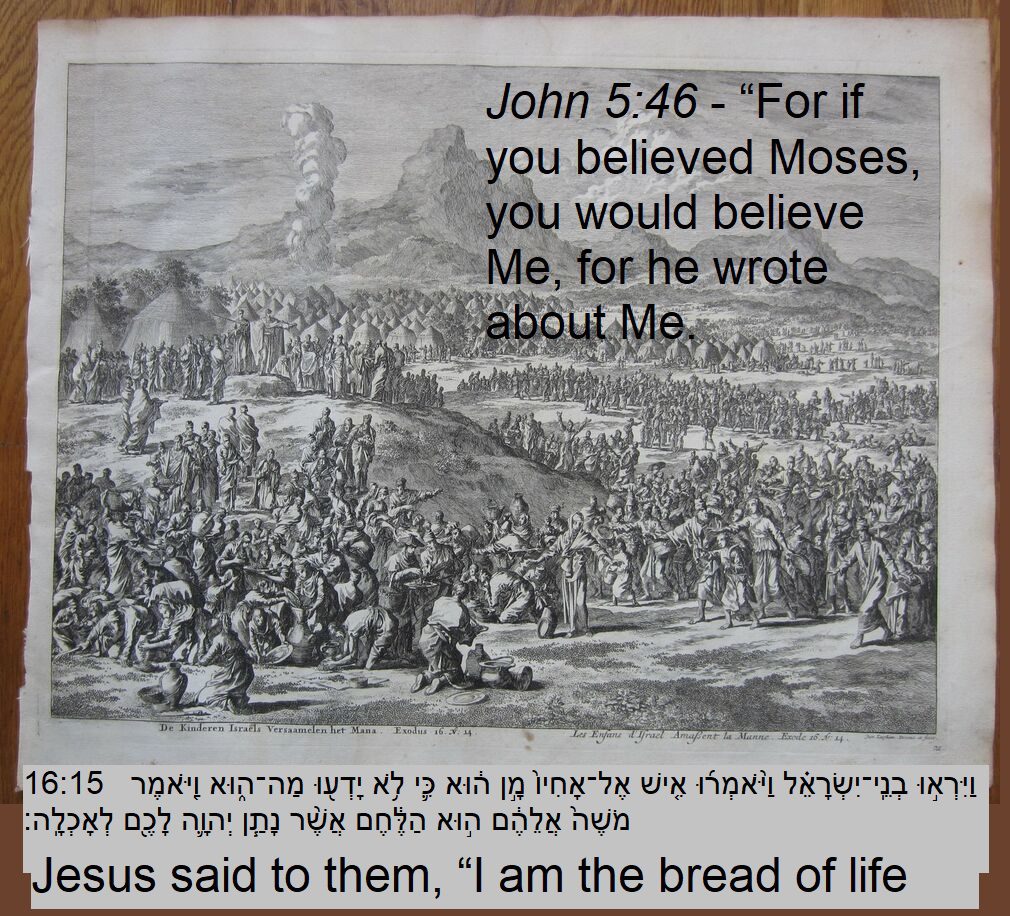





![“He who loves his [fn]life loses it, and he who hates his [fn]life in this world will keep it to life eternal.](data:image/svg+xml;base64,PHN2ZyB3aWR0aD0iMSIgaGVpZ2h0PSIxIiB4bWxucz0iaHR0cDovL3d3dy53My5vcmcvMjAwMC9zdmciPjwvc3ZnPg==)



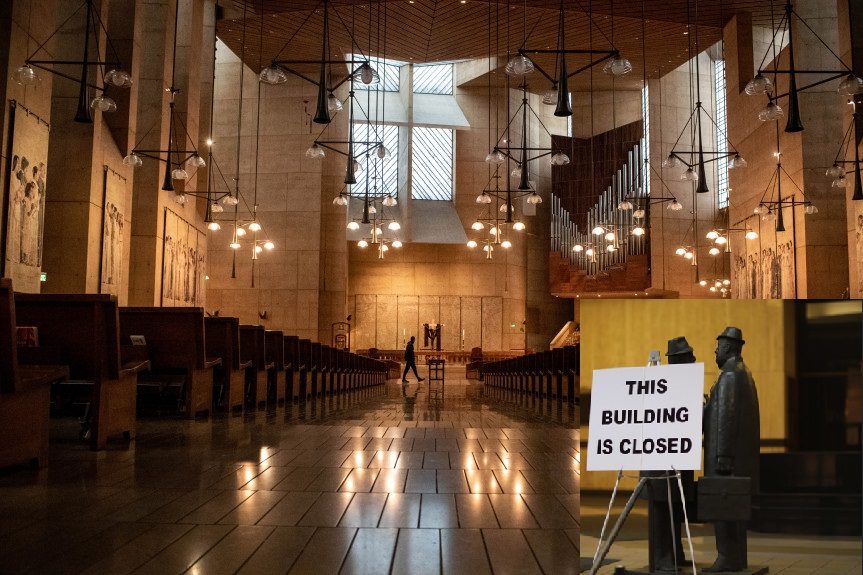
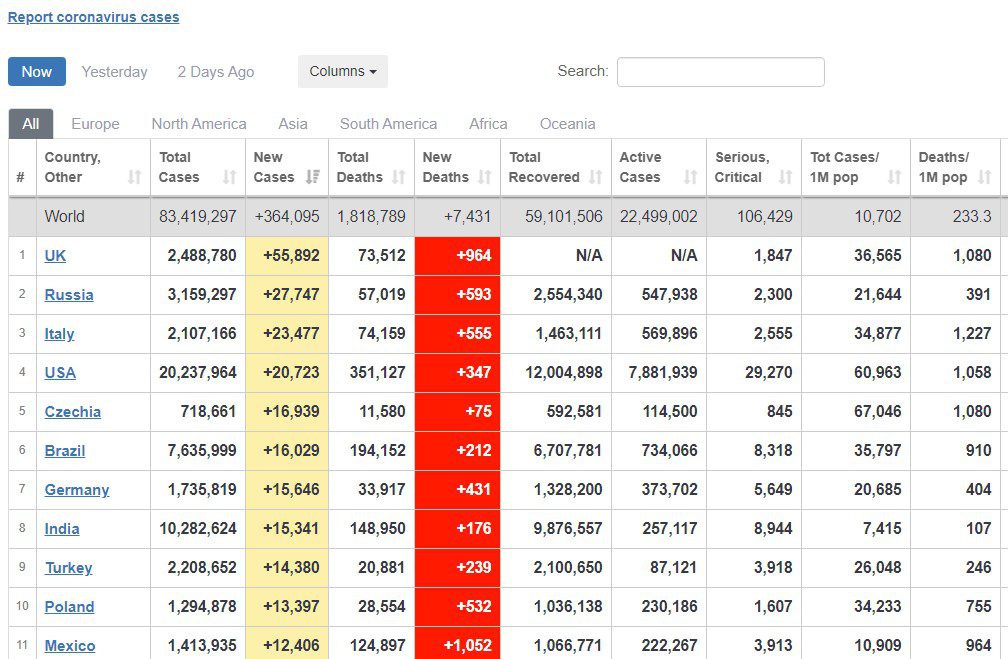
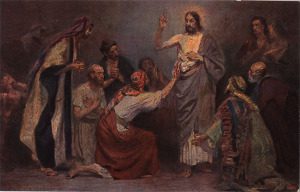

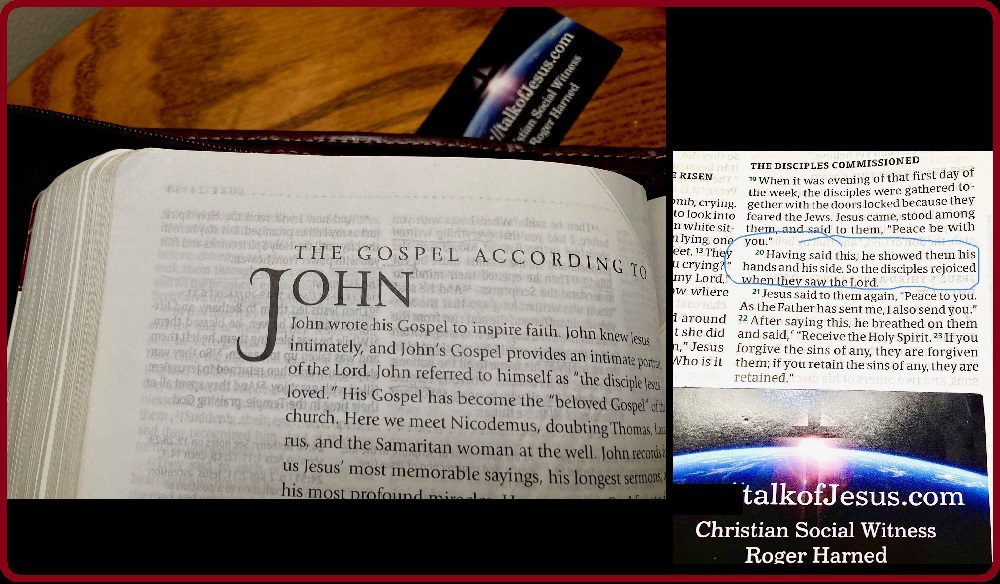

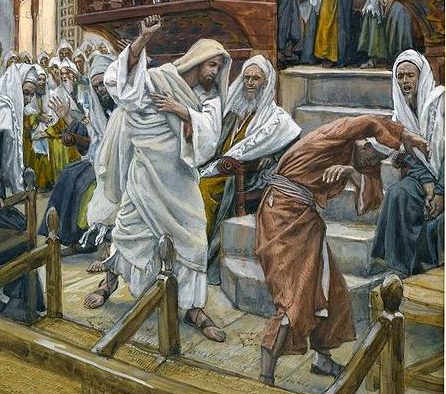
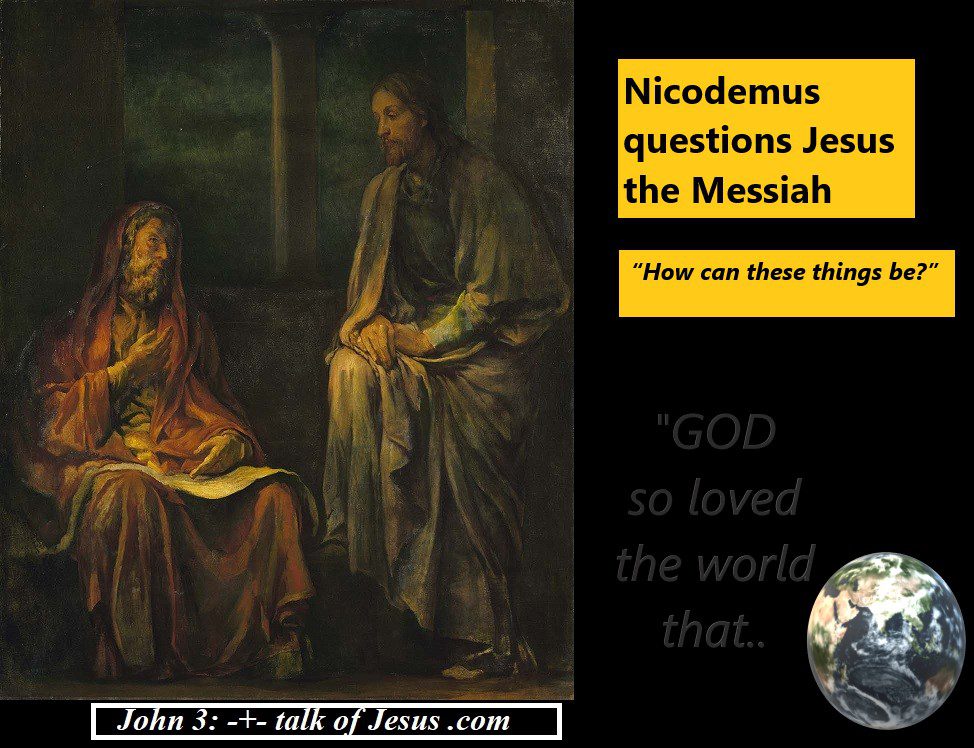
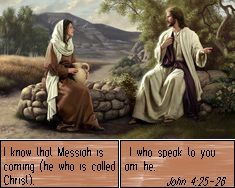


![“He who loves his [fn]life loses it, and he who hates his [fn]life in this world will keep it to life eternal.](https://talkofjesus.com/wp-content/uploads/2015/03/triumphal-entry-1024x683.jpg)



